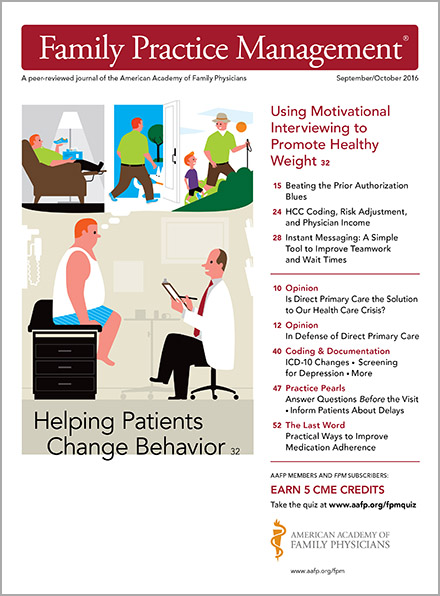- Joined
- Mar 19, 2017
- Messages
- 719
- Reaction score
- 1,459
Hi all,
I've been reading up on direct primary care (DPC) and it seems like a decent alternative payment method/career for primary care providers.
I am wondering what SDN's opinions are based on their own personal experience and anecdoctal knowledge. In summary this is my understanding of DPC:
1. Approximately 600 patient panel (instead of 2500 normally). Because your panel is so small, you see only 6 - 10 patients a day and can give each patient 30-45 mins per visit instead of 15 minutes.
2. Patients pay a monthly membership of 50-100 dollars per month (for example $60*600 pts *12 months= $432,000 per year). DPC overhead costs are extremely low, about 1/3 of net profit. (so 0.33*$432,000 = $142,560) for office space, supplies, hiring 1 MA and 1 office manager. Net profit is thus $432,000 - $142,560 = $289,440.
3. No insurance involved. Therefore no billing, no coding, no prior authorizations. Which is why overhead costs are so low.
Worklife Pros
Slower work pace. Less administrative burden, paperwork, coding. Lower burnout. Be your own boss and set your own schedule. Higher income ceiling. More intimate long-term patient-physician relationships (you know their dog's name). You can serve the poor and underserved
Cons
You have to be available 24/7 to patients via phone, text, and email. You have to create your own network of specialists to refer to patients and manage care coordination (granted this is a normal aspect of private practice anyways). Building up a full panel of 600 takes ~20 months. You have to manage relationships and find wholesale deals for labs, imaging, and medication prescription. You have to deal with advertisments (radio talk shows, billboards, newspapers, local news).
The AAFP endorses this practice model and it seems like it is a legitimate and ethical way to care for the community while cutting out leeching insurance companies so that physicians can escape the administrative burden, pressure to do high volumes, and subsequent burnout.

 www.aafp.org
www.aafp.org

 www.rwjf.org
www.rwjf.org
I've been reading up on direct primary care (DPC) and it seems like a decent alternative payment method/career for primary care providers.
I am wondering what SDN's opinions are based on their own personal experience and anecdoctal knowledge. In summary this is my understanding of DPC:
1. Approximately 600 patient panel (instead of 2500 normally). Because your panel is so small, you see only 6 - 10 patients a day and can give each patient 30-45 mins per visit instead of 15 minutes.
2. Patients pay a monthly membership of 50-100 dollars per month (for example $60*600 pts *12 months= $432,000 per year). DPC overhead costs are extremely low, about 1/3 of net profit. (so 0.33*$432,000 = $142,560) for office space, supplies, hiring 1 MA and 1 office manager. Net profit is thus $432,000 - $142,560 = $289,440.
3. No insurance involved. Therefore no billing, no coding, no prior authorizations. Which is why overhead costs are so low.
Worklife Pros
Slower work pace. Less administrative burden, paperwork, coding. Lower burnout. Be your own boss and set your own schedule. Higher income ceiling. More intimate long-term patient-physician relationships (you know their dog's name). You can serve the poor and underserved
Cons
You have to be available 24/7 to patients via phone, text, and email. You have to create your own network of specialists to refer to patients and manage care coordination (granted this is a normal aspect of private practice anyways). Building up a full panel of 600 takes ~20 months. You have to manage relationships and find wholesale deals for labs, imaging, and medication prescription. You have to deal with advertisments (radio talk shows, billboards, newspapers, local news).
The AAFP endorses this practice model and it seems like it is a legitimate and ethical way to care for the community while cutting out leeching insurance companies so that physicians can escape the administrative burden, pressure to do high volumes, and subsequent burnout.

In Defense of Direct Primary Care
Direct primary care will continue to grow because it empowers price transparency, quality, and patient satisfaction.

Comments from Richard Besser, MD, on Direct Provider Contracting Models
Richard Besser comments in response to the Center for Medicare and Medicaid Innovation's Request for Information on Direct Provider Contracting Models.
Last edited:
